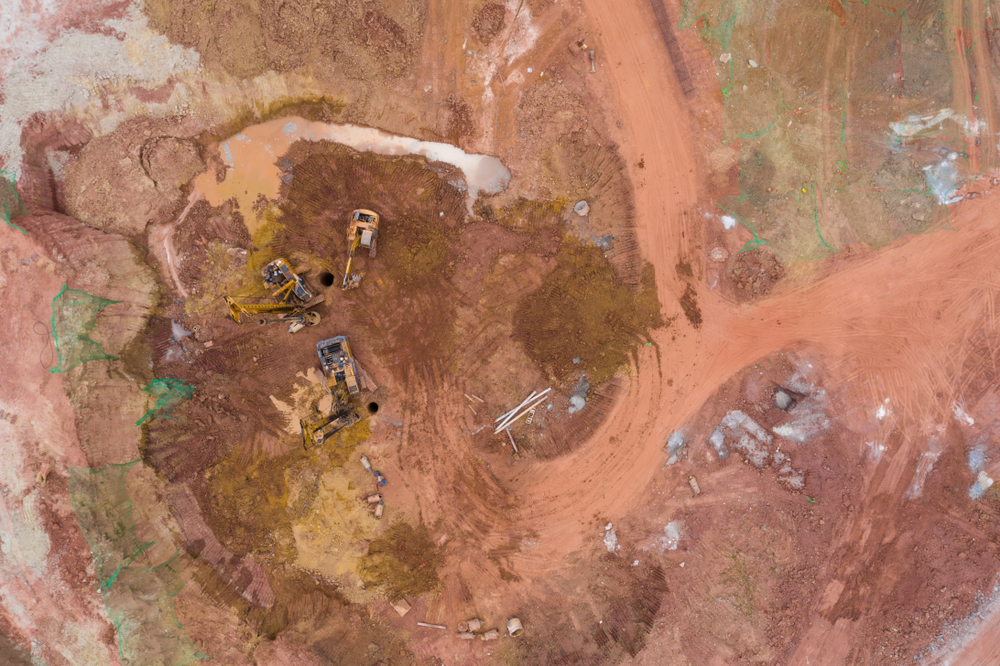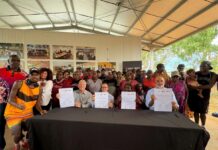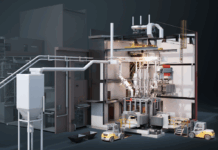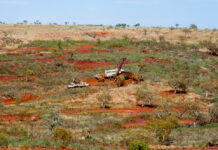US Department of War has an unlikely target: Australian critical minerals

In early September, the Trump Administration rebranded the US Department of Defence (DOD), restoring the moniker last deployed in the 1940s.
The executive order for the name change says the update conveys a stronger message of readiness and resolve compared to Department of Defence, which emphasises only defensive capabilities.
At the signing of the executive order, US Secretary of Defence Pete Hegseth said the country would “go on offence, not just on defence. Maximum lethality, not tepid legality. Violent effect, not politically correct.”
One unlikely manoeuvre is taking shape with the US Department of War (DoW) now making significant investments in critical minerals as the country ramps up its search to establish alternative, secure, non-China supply chains.
Earlier this year, the country was rocked when China implemented export restrictions on seven rare earths in response to tariffs imposed by the Trump Administration.
This threatened to stall key defence, energy and automotive sectors.
According to data from the USGS, the US is 100% import-dependent on twelve minerals classified by the government as critical and more than 50% import-dependent on 28 additional minerals.
In an unprecedented move, the US announced a multibillion-dollar deal with MP Materials, a rare earths producer outside China. The deal saw MP Materials enter a public-private partnership with the then US DoD aimed at accelerating the build-out of an end-to-end US rare earth magnet supply chain and reduce foreign dependency.
Notably, the package included the establishment of a price floor commitment of US$110/kg for the company’s neodymium-praseodymium products stockpiled or sold with the goal of reducing vulnerability to non-market forces.
The US has reportedly offered to continue this trend and buy equity in Australian critical minerals companies.
Reuters reported that this would serve as part of a funding package to expand its supply and cut its reliance on China, according to executives recently returned from Washington.
Australia — which hosts some of the world’s largest reserves of critical minerals like lithium, cobalt and rare earth — could be in prime position to benefit from this new strategy.
In addition to these reserves, investment and regulatory support is strong in Australia. Following the export restrictions from China, the Federal Government took a proactive approach, pledging an initial investment of $1.2b to create a strategic reserve of critical minerals for Australia.
These factors have drawn notice from the US. Yesterday, the US DoW awarded Nova Minerals’ (ASX: NVA) US subsidiary Alaska Range Resources $65.5m (US$43.4m) to produce antimony trisulfide at its critical minerals project in Alaska and assist in meeting the US defence industrial base demands.
In tandem, Australian mining has recently taken over the US’ east coast, with Prime Minister Anthony Albanese attending the UN General Assembly, top mining executives at Climate Week NYC, and a slew of critical minerals executives visiting Washington and New York to potentially realise more deals.
Prime Minister Albanese and President Trump are expected to meet in late October, where the conversation of critical minerals may well continue.






















